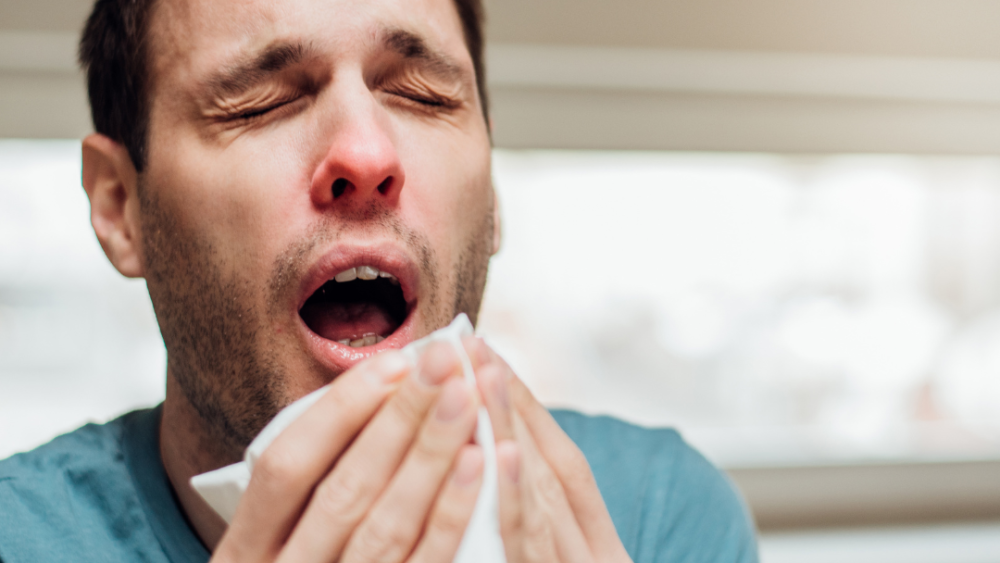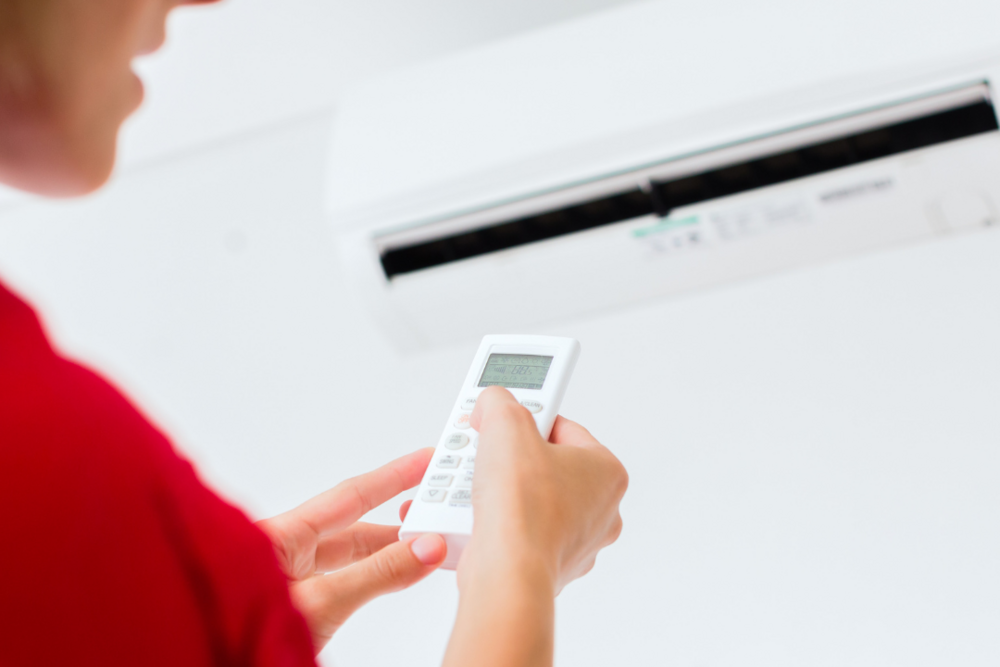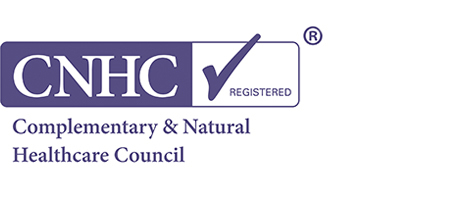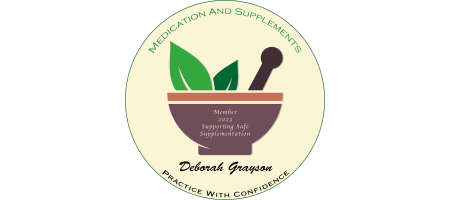Why Does My Air Conditioning Make Me Sneeze?

posted 21st July 2024

Ever turned on your air conditioner and suddenly felt like a sneezing machine? You're not alone! Many people experience this, and there are a few reasons why your AC might be the culprit behind your sneezes.
Let's dive into the various causes and what you can do about them, including some natural remedies to help you breathe easier.
1. Dust and Pollen
Your AC unit is great at keeping your home or car cool, but it's also fantastic at sucking in dust, pollen, and other allergens from the outside. If your AC filters aren’t cleaned regularly, these particles get recirculated into your indoor air. When you breathe them in, your body reacts by sneezing. It's like your nose's way of saying, "Get this stuff out of here!"
What to do:
Clean or Replace Filters: Clean or replace your AC filters regularly. Some experts recommend doing this every month during peak usage seasons.
Natural Tip: Place indoor plants like spider plants, peace lilies, or Boston ferns around your home. These plants can help filter the air naturally and reduce dust and pollen levels.
2. Mould and Mildew
Air conditioners can create a moist environment, especially if they aren’t maintained properly. Mould and mildew love this kind of setting. When mould spores get into the air, they can trigger sneezing, coughing, and even more severe allergic reactions.
What to do:
Regular Cleaning: Make sure to clean the AC unit and ducts regularly. Also, ensure proper ventilation to reduce moisture build-up.
Natural Tip: Use tea tree oil, which has natural antifungal properties, to clean your AC unit. Add a few drops to water and spray it onto the surfaces to help keep mould at bay.
3. Temperature Changes
Sudden changes in temperature can irritate your nasal passages. When you go from a hot outdoor environment to a cool indoor space, or vice versa, your body might react with a sneeze. It's like your nose's version of a shock absorber.
What to do:
Steady Temperature: Try to keep the indoor temperature steady and avoid setting the AC to extreme cold. Gradual cooling can help your body adjust more comfortably.
Natural Tip: Practice breathing exercises or yoga to help your body adapt to temperature changes more smoothly. Techniques like deep breathing can reduce stress and improve your body’s response to sudden temperature shifts.
4. Dry Air
AC units can dry out the air in your home or your car, leading to dry nasal passages. When your nose is dry, it can become more sensitive and prone to irritation, which often results in sneezing.
What to do:
Humidifier: Use a humidifier (you can also add a few drops of pure lavender or peppermint essential oils for their natural anti allergy effect) to add some moisture back into the air. You can also keep yourself hydrated by drinking plenty of water with a bit of Himalayan salt added to the water for electrolytes which will keep you hydrated at a cellular level.
Natural Tip: Place bowls of hot water around your home to naturally humidify the air. Adding a few drops of essential oils like eucalyptus or lavender can also help soothe your nasal passages.
5. Chemical Sensitivities
Sometimes, the materials used in the construction and maintenance of AC units, like certain plastics and cleaning chemicals, can cause sensitivities in some people. These chemicals can off-gas into the air and trigger sneezing.
What to do:
Safe Choices: Opt for air conditioners with fewer harmful chemicals and use natural or less harsh cleaning products .
Natural Tip: Use vinegar and baking soda as natural cleaning agents. They are effective and less likely to cause allergic reactions compared to synthetic chemicals.
Naturopathic Interventions to Reduce Sneezing
In addition to the practical tips above, consider incorporating some naturopathic approaches to further reduce sneezing and improve your overall respiratory health.
Herbal Teas: Drinking herbal teas like peppermint, chamomile, or stinging nettle can help soothe irritated nasal passages and reduce inflammation. These teas have natural antihistamine (anti allergy) properties that can alleviate sneezing.
Essential Oils: Using essential oils like eucalyptus, lavender, or peppermint in a diffuser can help purify the air and reduce allergens. These oils also have anti-inflammatory properties that can help calm your nasal passages.
Nasal Irrigation: Using a saline nasal rinse or a neti pot can help flush out allergens and irritants from your nasal passages. This simple practice can provide immediate relief from sneezing and congestion.
Dietary Changes: Incorporate foods rich in antioxidants, like berries, nuts, and leafy greens, into your diet. These foods can boost your immune system and help your body respond better to allergens.
Another useful tip would be to avoid cow's dairy (it might produce mucous build-up in your air passages, creating inflammation and potentially worsening your allergy symptoms). You can still enjoy sheep or goat's dairy as it has less inflammatory effect thanks to its A2 type milk protein.
Hydration: Staying well-hydrated helps maintain the moisture balance in your nasal passages, reducing irritation and the likelihood of sneezing.
In conclusion, sneezing caused by your AC is a common issue with multiple potential causes.
By keeping your unit clean, managing humidity levels, and ensuring good air quality, you can reduce those pesky sneezes and enjoy a cool, comfortable home.
Incorporating natural remedies and naturopathic interventions can further enhance your comfort and health.
Transform your health, book a FREE (no obligation) Health Review today!
References:
American College of Allergy, Asthma, and Immunology. (2022). "Allergic Reactions to Air Conditioning".
Environmental Protection Agency. (2021). "Guide to Indoor Air Quality".
Mayo Clinic. (2020). "Allergies and Mold".
Healthline. (2023). "Why Temperature Changes Can Make You Sneeze".
National Institutes of Health. (2019). "The Effects of Dry Air on Your Body".
Consumer Reports. (2022). "How to Choose a Safe Air Conditioner".
NASA. (1989). "Interior Landscape Plants for Indoor Air Pollution Abatement".
Journal of Applied Microbiology. (2001). "Antifungal Activity of Tea Tree Oil".
Harvard Medical School. (2020). "Yoga for Anxiety and Depression".
National Center for Biotechnology Information. (2013). "Essential Oils for Respiratory Health".
Environmental Working Group. (2021). "Guide to Healthy Cleaning".













